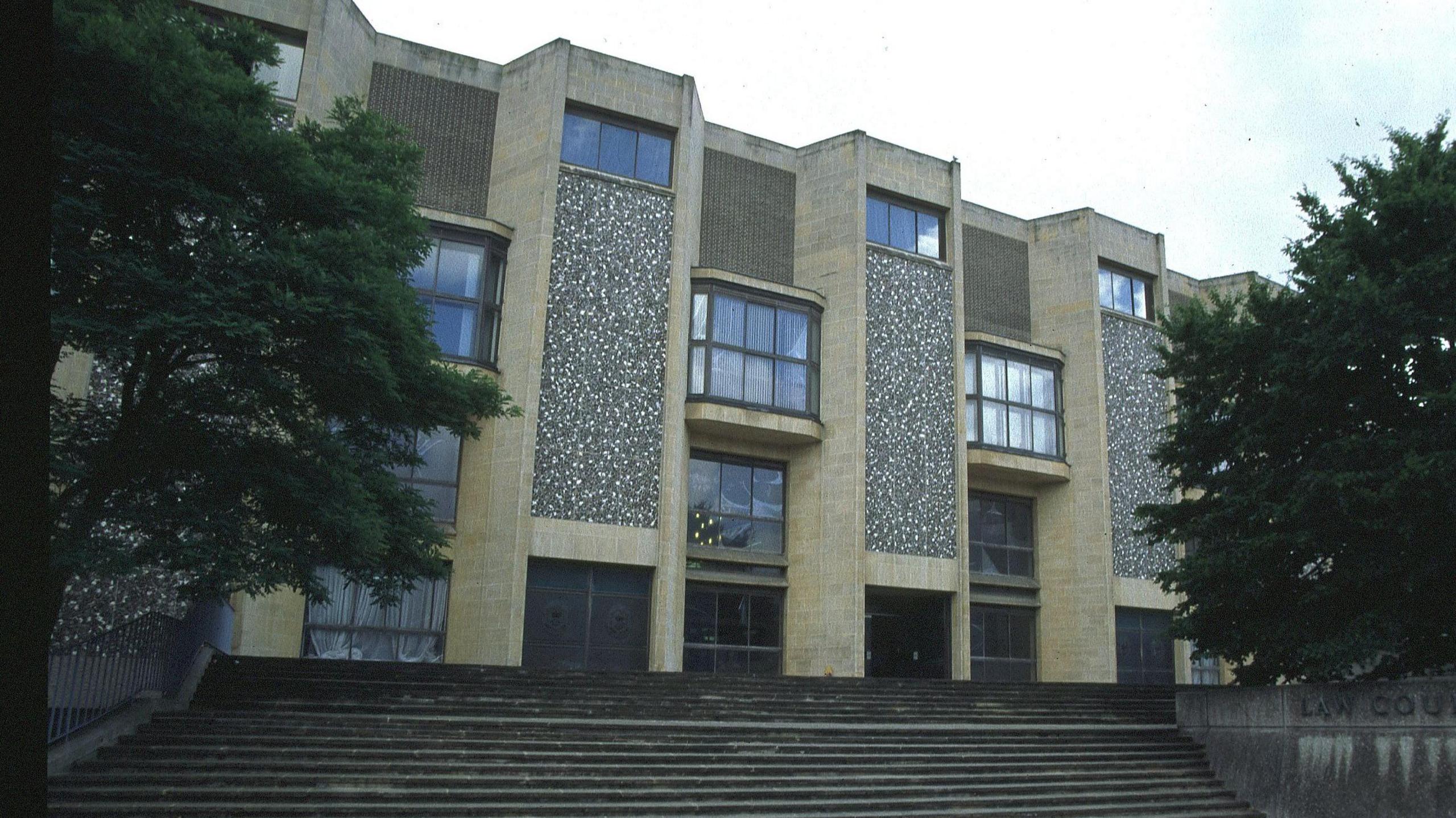Man with Nazi views encouraged terrorism, trial told

Gabriel Budasz talked about making firearms with 3D printers, the trial was told
- Published
An alleged far-right extremist talked online about making firearms with 3D printers and buying materials for them from Tesco, a court was told.
Gabriel Budasz, 24, born in Poland but resides in Weston-super-Mare, is on trial at Winchester Crown Court accused of posting bomb-making tutorials online and encouraging terrorism.
Prosecutor Maryam Syed KC said Mr Budasz expressed “extreme racist views against black and Jewish people and encouraged others to direct action against them” online.
He denies all charges against him.
Officers reportedly discovered the explosive-making video on his internal computer storage when Mr Budasz was arrested at his supporting living accommodation in Drove Road on 1 August last year, the court was told.
He asked, while handcuffed, to turn off his computer with his leg, which was refused.
Opening the case, Ms Syed said Mr Budasz was found by police as someone who used a number of social media sites under different usernames to post extreme right-wing material, such as on Telegram, Omegle and Odysee.
'Pattern of encouraging terrorism'
Opening the case, Ms Syed said: “This defendant has a particular MO – modus operandi – of posting videos in which he advocated we say, violence, and extreme Nazi and right-wing views, extreme views, which we say demonstrate a clear and continued pattern of encouraging terrorism, whilst being in possession of information which would facilitate the same.”
One video shared on a Telegram channel was sent as an attachment to a message saying he thought it would be “very educational for everyone here” so they do not accidentally make a bomb, the court was told.
“Let me be absolutely clear, we say that’s been typed on purpose, we say it’s not a joke.
“It’s a bomb-making tutorial, and that’s what he has chosen to share," Ms Syed said.
The court heard Mr Budasz previously pleaded guilty to five terror offences of possessing information at the Old Bailey in London on December 22, 2023.
The prosecution added it appeared he had been using his computer moments before the police entered his home that morning, and he refused to give officers passwords for his devices.
He denies counts of dissemination of terrorist publications and encouraging terrorism, and sending electronic communication with intent to cause distress or anxiety.
The trial continues.
Follow BBC Bristol on Facebook, external, X, external and Instagram, external. Send your story ideas to us on email or via WhatsApp on 0800 313 4630.